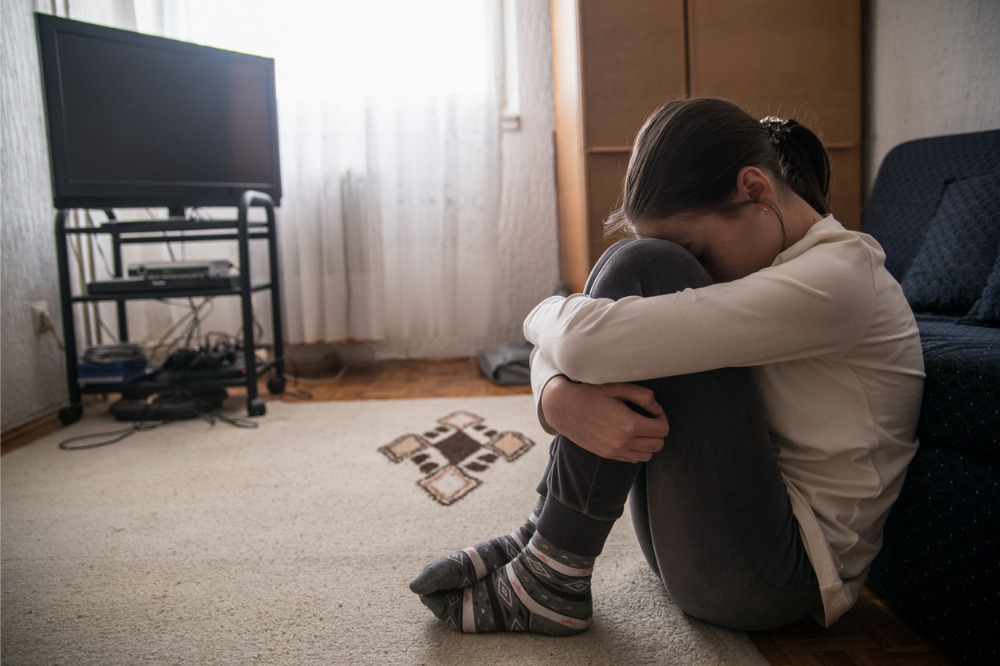
Nearly half of children aged between 10 to 18 years old are reluctant to seek help from adults if feeling unsafe, according to a new survey.
Researchers from Australian Catholic University’s Institute of Child Protection Studies (ACU-ICPS) interviewed 1,851 children to find out how confident they are that adults would protect them, any barriers to seeking help, and who they would go when feeling unsafe.
Fewer than two-thirds of children had the confidence to approach adults when feeling unsafe. Those who would tell someone opted for their mum, a friend, or dad in that order.
“Unfortunately, confidence in adults was low,” said Daryl Higgins, director at ACU-ICPS. “Many young people felt that adults didn’t care or were too busy to help or wouldn’t know what to do if they were approached.”
Meanwhile, one-third claimed to know what to do in an unsafe situation because they’ve discussed it with adults in an organisation previously.
With this in mind, Higgins and lead researcher Douglas Russell developed the Children and Young People’s Safety Project to support organisations toward a child-safe culture.
This project includes organisations from different sectors such as sports, education, church and youth development providers that seek to keep children safe from abuse.
“Organisations are taking steps to improve children’s safety and are implementing many changes to become safer for children and young people,” Higgins said.
Higgins suggested that organisations, families, and communities should foster better relationships and have more open conversations with children. Talks about consent, for instance, has equipped children with the knowledge and understanding to respond to these issues.
However, Russell revealed that not all children seek the same type of support.
“Given many young people prefer to speak to parents or friends, organisations should consider how to better engage parents in prevention and safeguarding strategies,” Russell said.


